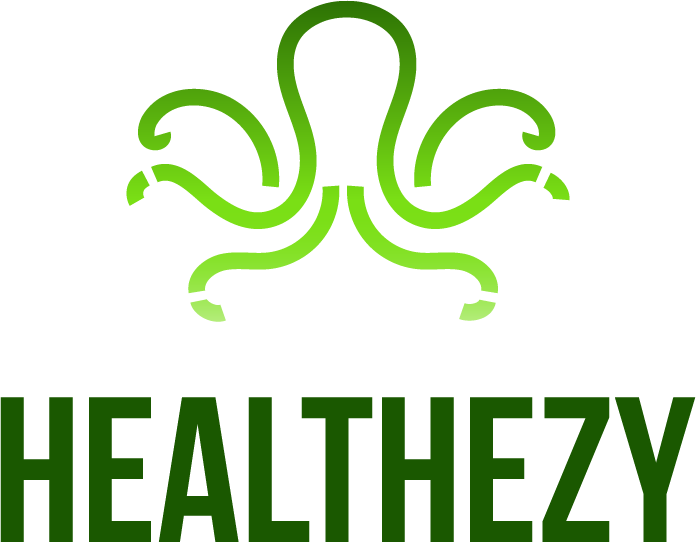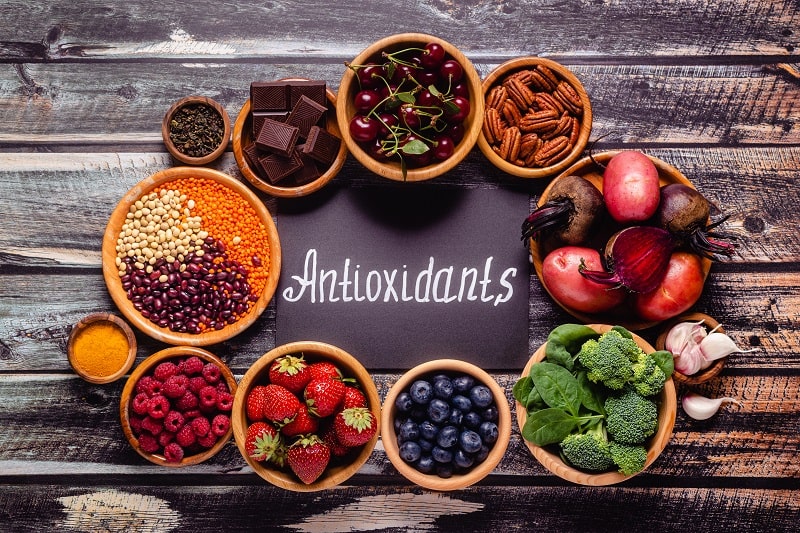Antioxidants are compounds found in various foods and supplements that help protect the body from oxidative stress and free radical damage. They play a crucial role in maintaining overall health by neutralizing harmful molecules called free radicals.
Historical Context
The study of antioxidants and their health benefits gained prominence in the mid-20th century as scientists began to recognize the role of oxidative stress in various diseases.
Production and Sourcing
Antioxidants are naturally present in many foods, particularly fruits, vegetables, nuts, and seeds. They are also available in supplement form.
Applications
Antioxidants are commonly consumed through dietary sources and supplements to support health and reduce the risk of chronic diseases.
Regulatory Framework
Regulations for antioxidants vary by country, with some countries setting recommended dietary allowances (RDAs) for certain antioxidants.
Consumer Concerns
Consumers often seek antioxidant-rich foods and supplements to support their well-being and reduce the risk of age-related conditions.
Health and Safety
Antioxidants are generally recognized as safe for consumption and are an essential part of a balanced diet.
Applicable Products
A wide range of foods, beverages, and dietary supplements contain antioxidants, including berries, green tea, vitamin C, and vitamin E supplements.
Alternatives
Consuming a diverse diet rich in fruits and vegetables is the best way to ensure a sufficient intake of antioxidants.
Scientific Research
Extensive research has explored the health benefits of antioxidants, including their potential to reduce the risk of chronic diseases such as heart disease and cancer.
Chemical Properties
Antioxidants are characterized by their ability to donate electrons to free radicals, stabilizing them and preventing cellular damage.
Case Studies
Case studies often focus on specific antioxidants and their effects on health, including the impact of antioxidant-rich diets on disease prevention.
Future Trends
Future trends in antioxidant research may involve the discovery of new antioxidants, the development of antioxidant-rich functional foods, and personalized nutrition approaches.
Opinions
Opinions on antioxidants vary, with many health experts recommending a diet rich in antioxidants to support overall health.
Warnings
Excessive intake of antioxidant supplements may have adverse effects, so it’s essential to follow recommended guidelines for consumption.
Synonyms
Antioxidants are sometimes referred to as “free radical scavengers.”
Conclusion
Antioxidants are essential compounds that help protect the body from oxidative damage, contributing to overall health and well-being. A diet rich in antioxidant-containing foods and the responsible use of supplements can provide significant health benefits and reduce the risk of chronic diseases associated with oxidative stress.







